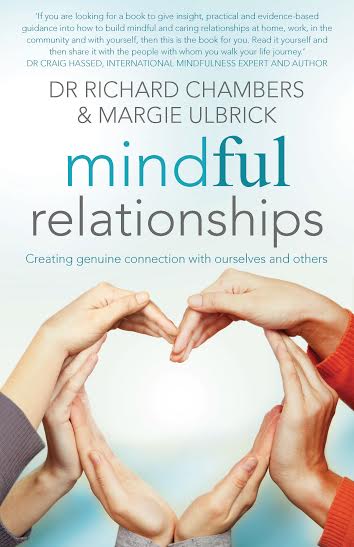Blame is futile in relationships. This applies if you want to see a couple's therapist but your partner isn't keen. Using blame to coerce your partner into a therapist's office is not likely to work. Instead, recognising that the dance you are in is created by both of you engenders kindness and compassion.
This recognition makes it easier to recognise that your partner is suffering too, and to frame the need for counselling as a wise move to get support rather than a way to fix or change them. It could be that it is for your own benefit or for both of you. After all, one person might not believe there is a problem. So, it is wise to be able to communicate without complaining or blaming.
You might like to start by giving your partner a heads up that there is something you want to talk about - that way they won't feel ambushed. Then when you have agreed on a good time to talk, start by telling them what you like about the relationship. Then explain what you find challenging and would like to resolve in therapy. Do this in a way that takes responsibility for your own actions and experiences, rather than blaming them. Even if you think that it is all your partner's fault, it isn't.
Relationships are co-created and we all play a part in what works and what doesn't. Be prepared to listen to your partner's perspective, maybe about why they don't want to see a therapist and try to really understand their position. When you have really listened you can try to see if you have understood by saying something like, 'Let me see if I have understood you properly - you don't want to go and just get blamed for all the problems' or 'You don't want to go and pay good money to just keep having the same old fights' or 'You are a very private person and you don't want to air our dirty linen in public'.
Invite your partner to offer corrections and clarifications so you can be sure you understand them - and so they know you understand. Then you might respond by reassuring them that you are not wanting to blame or to continue fighting, that you understand that money is tight, or whatever the issue is. Really seek to walk in their shoes and reiterate the reasons that you think therapy is a good idea.
Speak to what could be possible in the relationship. We suggest you say that you feel as if you need some tools and techniques to help with the 'stuckness' or the patterns and ask if they would be willing to come to at least one session to see how it goes. You might suggest that together you do some research to find a therapist who will suit both your needs. Take it slowly and be prepared to listen, to validate, to see your partner's point of view but also to hold steady on your own and not capitulate or accommodate.
Explain that you cannot see another way for the two of you to get a better relationship. You might say 'It makes sense that you don't want to go for the reasons you expressed ... I really admire that you are independent and want to fix it ourselves but we're not doing too well with that on our own and I'm concerned. Our marriage needs help and let's at least give it a try and see after one session what we both think.' You might think about this as creating a clearing and invite your partner to step into that. In the dense forest of conflict and misunderstanding, one partner can make a unilateral stand for resolution and invite their partner to join them. You can't force them, but you can shine plenty of sunlight on the clearing you have created and make it as appealing as possible. At the same time, you can take a very firm stand. But again, stand for a more intimate, loving relationship, rather than standing for your partner to agree to your demands.

